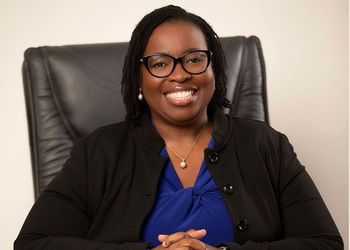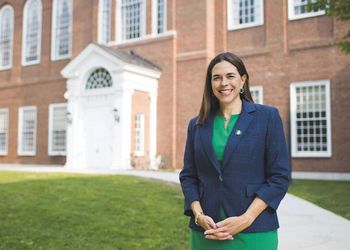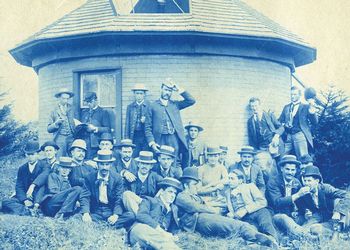A Difference Maker
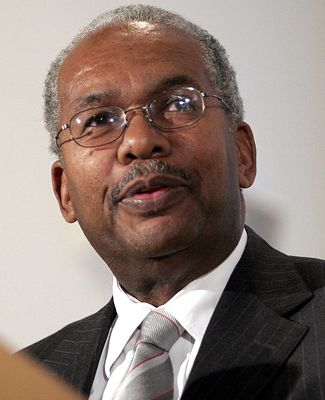
A Difference Maker
Ernest Green, ’62, M.A. ’64, learned change was possible during the Civil Right Movement as a member of the Little Rock Nine. At MSU, he gained the confidence and know-how to rally collective action.
September 30, 2024Ernest Green knows all about making a difference.
Truth be told, challenging convention with an uncommon mix of poise and purpose, unlocking opportunity and showing a better, more unified path forward has been his life’s work.
In 1957, Green made history as a member of the Little Rock Nine. On the heels of the U.S. Supreme Court’s landmark Brown v. Board of Education decision labeling school segregation unconstitutional, Green and eight of his boundary-breaking Black peers integrated all-white Little Rock Central High School in Arkansas.
Escorted by U.S. troops, the Little Rock Nine walked into Central High—a $1.5-million cathedral to public education with a diverse course list and modern laboratories—on September 4, 1957, bypassing members of the Arkansas National Guard and a jeering crowd to score a major victory for the nation’s swelling civil rights movement.
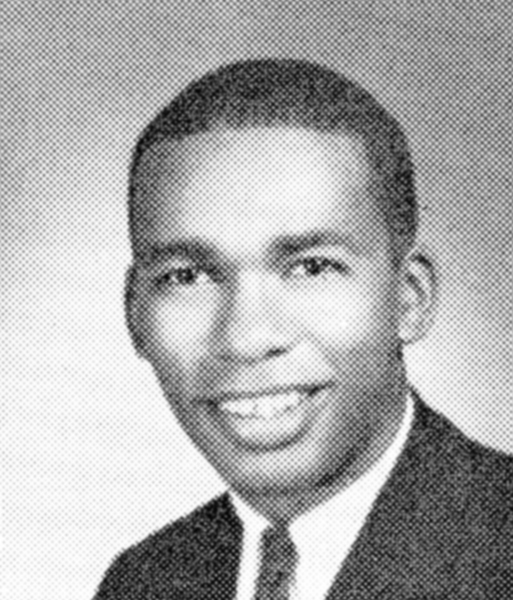
“When my opportunity came up, I wanted to be counted among those who stood up and worked to change the temperature,” Green said. “I didn’t think we needed all this turbulence when all we were seeking was an education so we could become citizens capable of contributing to society.”
The lone senior among the Little Rock Nine, Green became the first Black graduate of Central High in 1958. Dr. Martin Luther King, Jr. attended his commencement ceremony.
Months later, Green ventured to East Lansing to attend Michigan State, powered by an anonymous scholarship he would decades later discover was funded by then-MSU president John Hannah.
The lone student from Arkansas in his freshman class and one of only 10 students from Arkansas on the entire MSU campus, Green found the 20,000-student university expansive and intimidating. He wondered how he would make friends, navigate the academic rigors of higher education and endure being 800 miles away from home.

Getty Images
“I wanted to benefit from the great opportunity to attend Michigan State, but I didn’t know how I could ever make a difference in a place so big,” he said.
In time, Green found his way into civil rights activities on campus, rallying others to tackle causes such as segregated housing in East Lansing. He served as president of the MSU chapter of the National Association for the Advancement of Colored People (NAACP) and helped spearhead a cultural exchange program that brought the likes of jazz vocalist Sarah Vaughan and activist Malcolm X to campus for sold-out programs.
Green, who earned an undergraduate degree in social science and a graduate degree in sociology from MSU, left East Lansing believing in his ability to generate support for important issues and in the power of collective action to drive progress.
“Michigan State was a great launching pad to reach out to others and convince them that their voices mattered and that we could carry out ideas together,” Green said.
Throughout his professional life, Green continued promoting equality, championing ambition and cultivating collaborative engagement. He fought for equal employment laws with the A. Philip Randolph Education Fund, served a four-year stint as the Assistant Secretary of Labor under President Jimmy Carter and helped major cities such as Chicago, New York and Atlanta plot their futures as a managing director at Lehman Brothers.
“I believe we can live out the values and virtues of both the Declaration of Independence and ‘The Star-Spangled Banner,’” said Green, who received the Congressional Gold Medal, the nation’s highest civilian honor, from President Bill Clinton in 1999.
Green, meanwhile, remained connected to his alma mater and has consistently acknowledged MSU’s role in broadening his mind and spurring his personal development. He has been a commencement speaker (1994) and a homecoming grand marshal (2018). At MSU’s College of Social Science, the Ernest G. and Phyllis C. Green MSU Black Alumni Scholarship benefits talented students representing society’s diversity.
“Education is the real jewel of life experiences,” the 82-year-old Green said. “I believe my story proves as much.”

Contributing Writer(s): Daniel P. Smith


